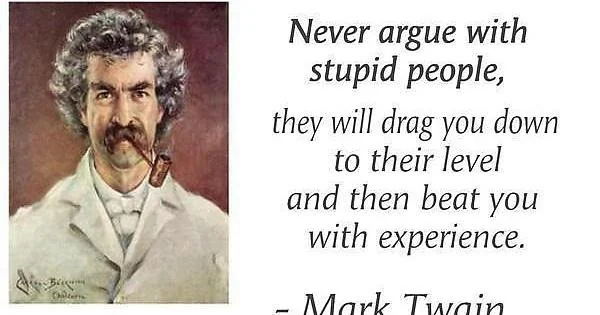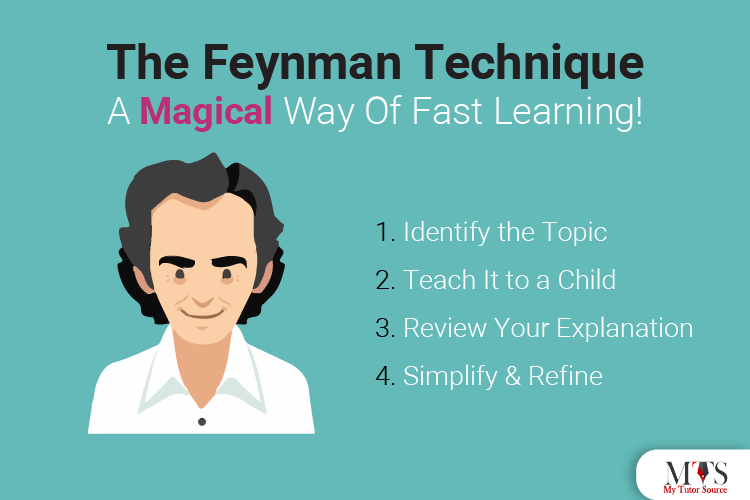Stupid People

It’s important to approach this topic with sensitivity, as “stupidity” is a subjective and potentially harmful label. However, we can discuss how a lack of critical thinking, poor decision-making, and susceptibility to misinformation can negatively impact society. Here’s a breakdown:
Negative Impacts:
- Spread of Misinformation:
- Individuals lacking critical thinking skills are more prone to believing and spreading false information, which can have serious consequences in areas like public health, politics, and social cohesion.
- The ease of sharing information online amplifies this effect.
- Poor Decision-Making:
- In both personal and public spheres, poor judgment can lead to detrimental outcomes. This can range from financial instability to harmful policy decisions.
- This can also lead to an increased burden on social programs.
- Increased Social Division:
- A lack of understanding and empathy can fuel prejudice and discrimination.
- People who are easily manipulated can be used to promote divisive agendas.
- Hindrance of Progress:
- Resistance to evidence-based solutions and scientific advancements can impede societal progress in areas like healthcare, technology, and environmental protection.
- When people do not understand complex issues, they are easily swayed by simple, but often incorrect, answers.
- Vulnerability to Manipulation:
- People that lack critical thinking skills, are much more likely to be manipulated by those that have ill intent. This can be in the form of scams, or political manipulation.
Key Considerations:
- It’s crucial to distinguish between a lack of education and a lack of intelligence. Everyone has the potential to learn and grow.
- Social and economic factors can significantly influence an individual’s access to education and their ability to develop critical thinking skills.
- Promoting education, critical thinking, and media literacy is essential for mitigating these negative impacts.
Instead of focusing on labeling individuals, it’s more constructive to address the underlying issues that contribute to poor decision-making and susceptibility to misinformation.
You’re right, there’s more to consider about how a lack of critical thinking and susceptibility to misinformation can affect societies. Here are some additional points:
- Economic Strain:
- Poor financial decisions, both on an individual and governmental level, can lead to economic instability.
- This can result in increased poverty, unemployment, and a strain on public resources.
- Scams and fraudulent schemes exploit those who are more easily deceived, causing financial harm.
- Political Instability:
- The spread of misinformation can erode trust in democratic institutions.
- Populist movements often capitalize on emotional appeals and simplified narratives, bypassing reasoned debate.
- This can lead to political polarization and even violence.
- Voter manipulation is a serious issue.
- Decline in Public Health:
- Anti-vaccination movements and the rejection of scientific consensus can lead to outbreaks of preventable diseases.
- Misinformation about health practices can have serious consequences for individual and public well-being.
- The rejection of science based information, can cause people to make very poor health choices.
- Erosion of Social Trust:
- When people believe false information, it can create divisions within communities and families.
- This erosion of trust can make it difficult to address shared challenges and build consensus.
- This also makes people more isolated.
- Environmental Degradation:
- Denial of scientific consensus on climate change and other environmental issues can hinder efforts to protect the planet.
- Poorly informed decisions about resource management can have long-term consequences.
- Legal System Impacts:
- Juries that do not understand complex information, can make poor decisions.
- People that do not understand the law, are more likely to break it.
- False testimony, and the spread of false information, can lead to wrongful convictions.
It’s important to reiterate that focusing on solutions is more productive than labeling individuals. Promoting education, critical thinking, and media literacy is crucial for building a more informed and resilient society.


